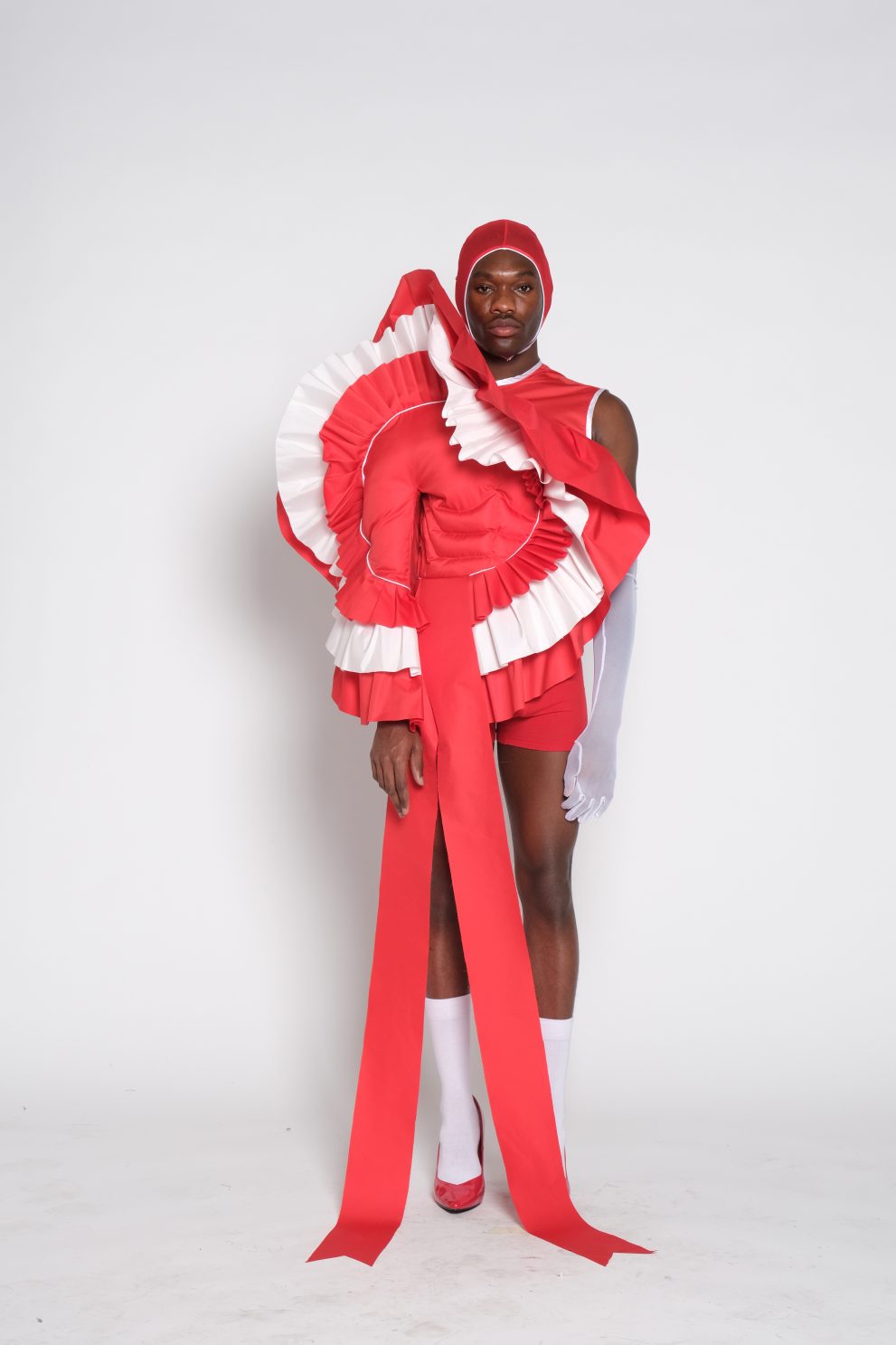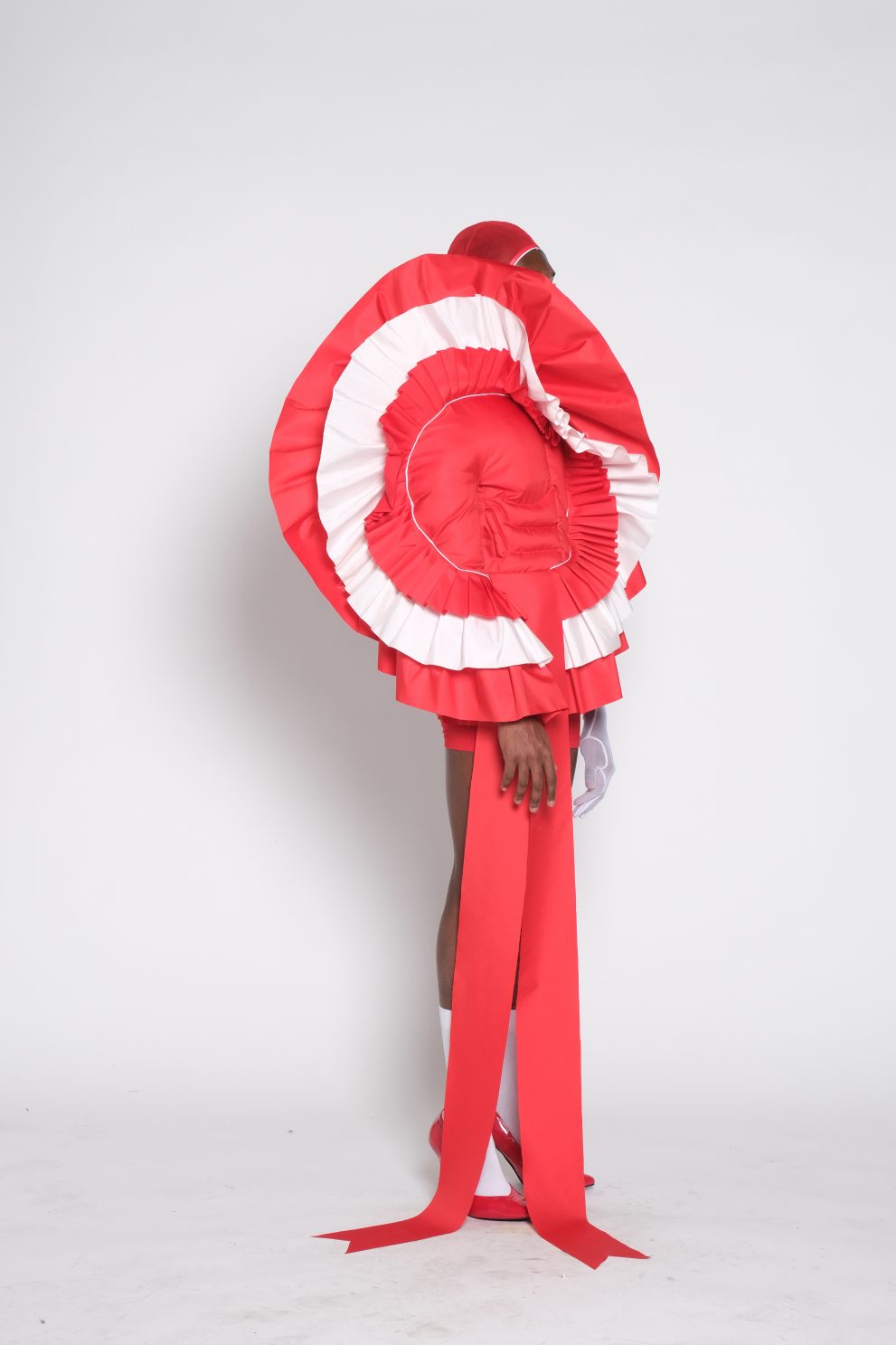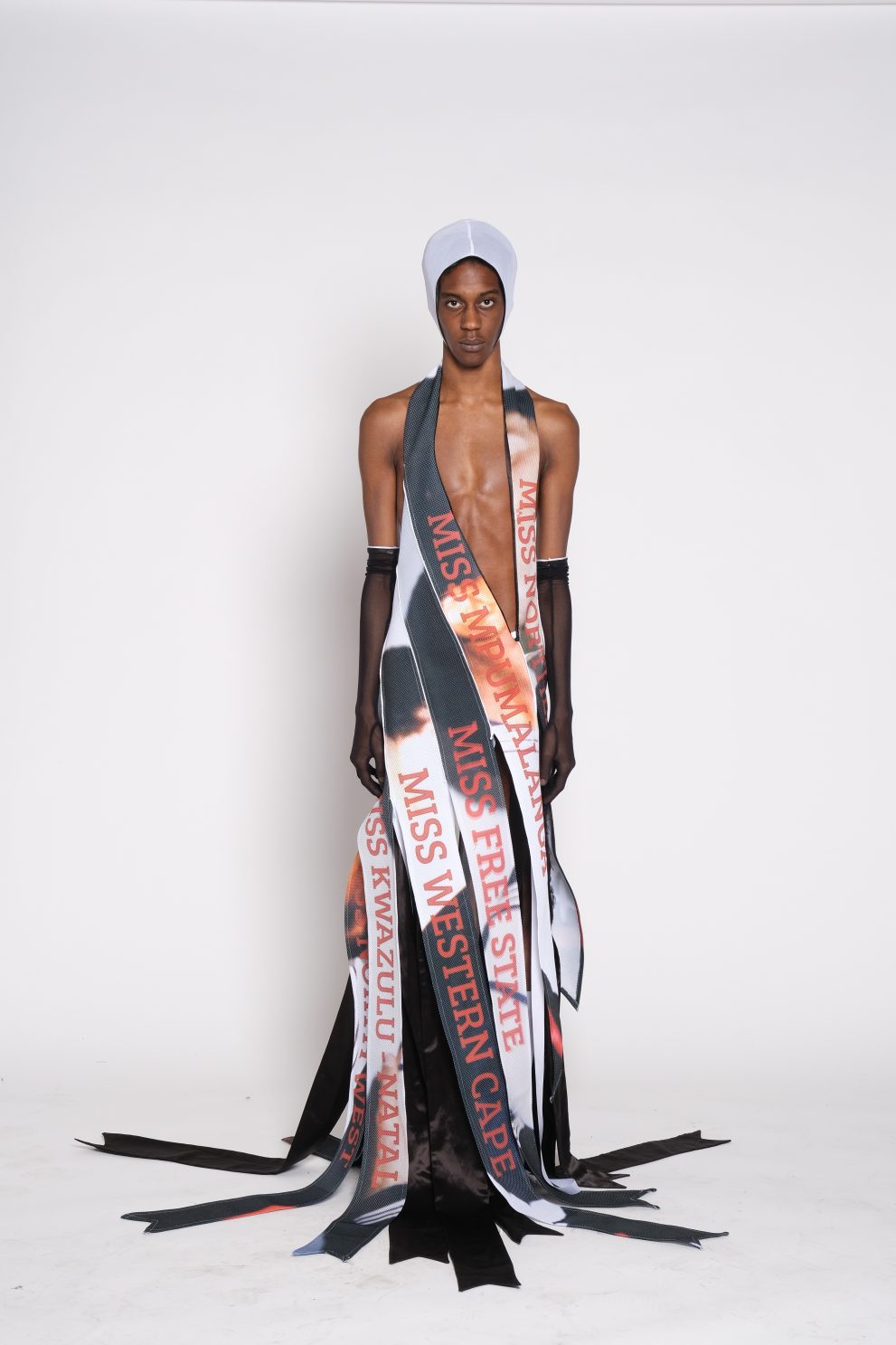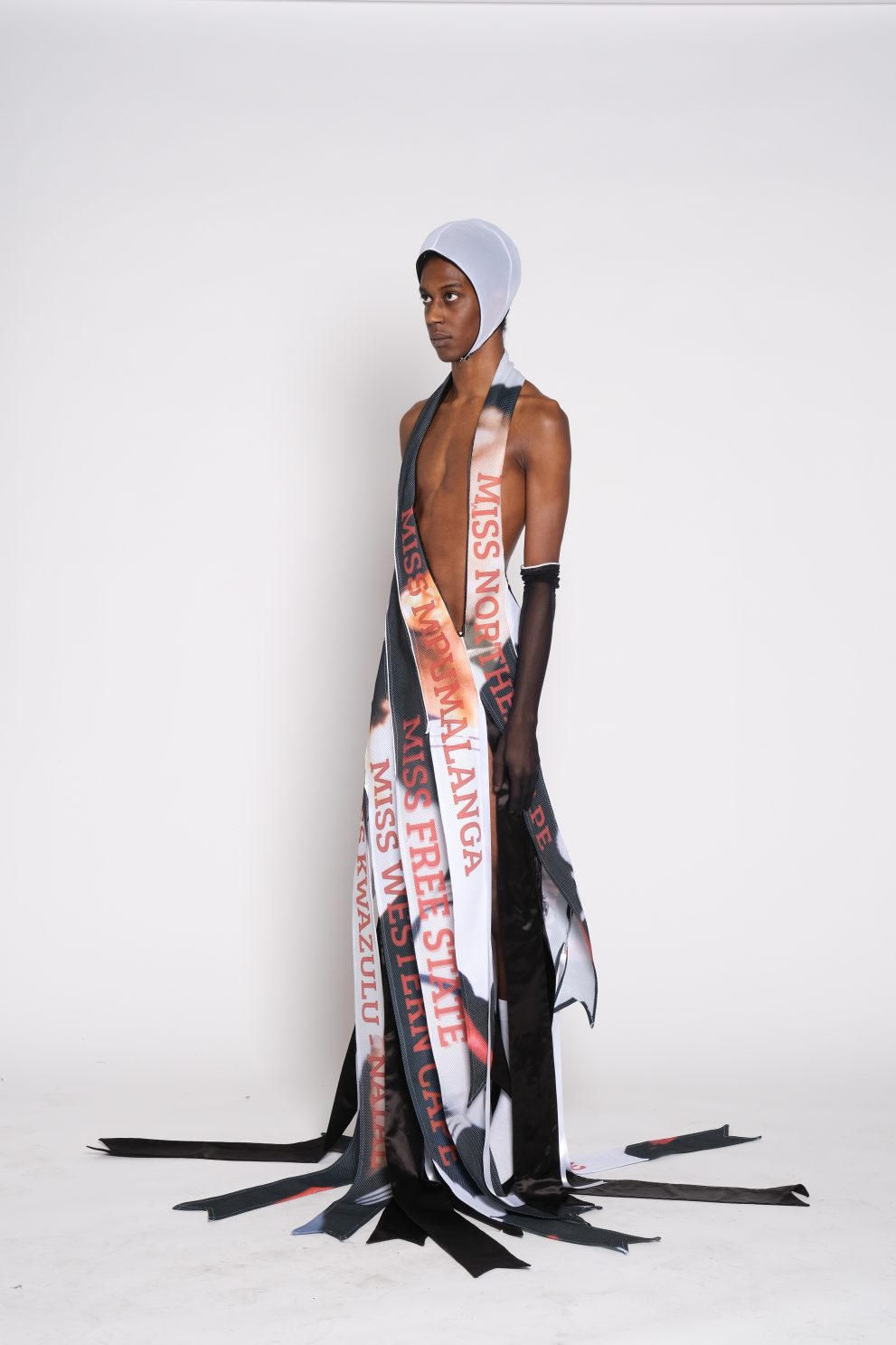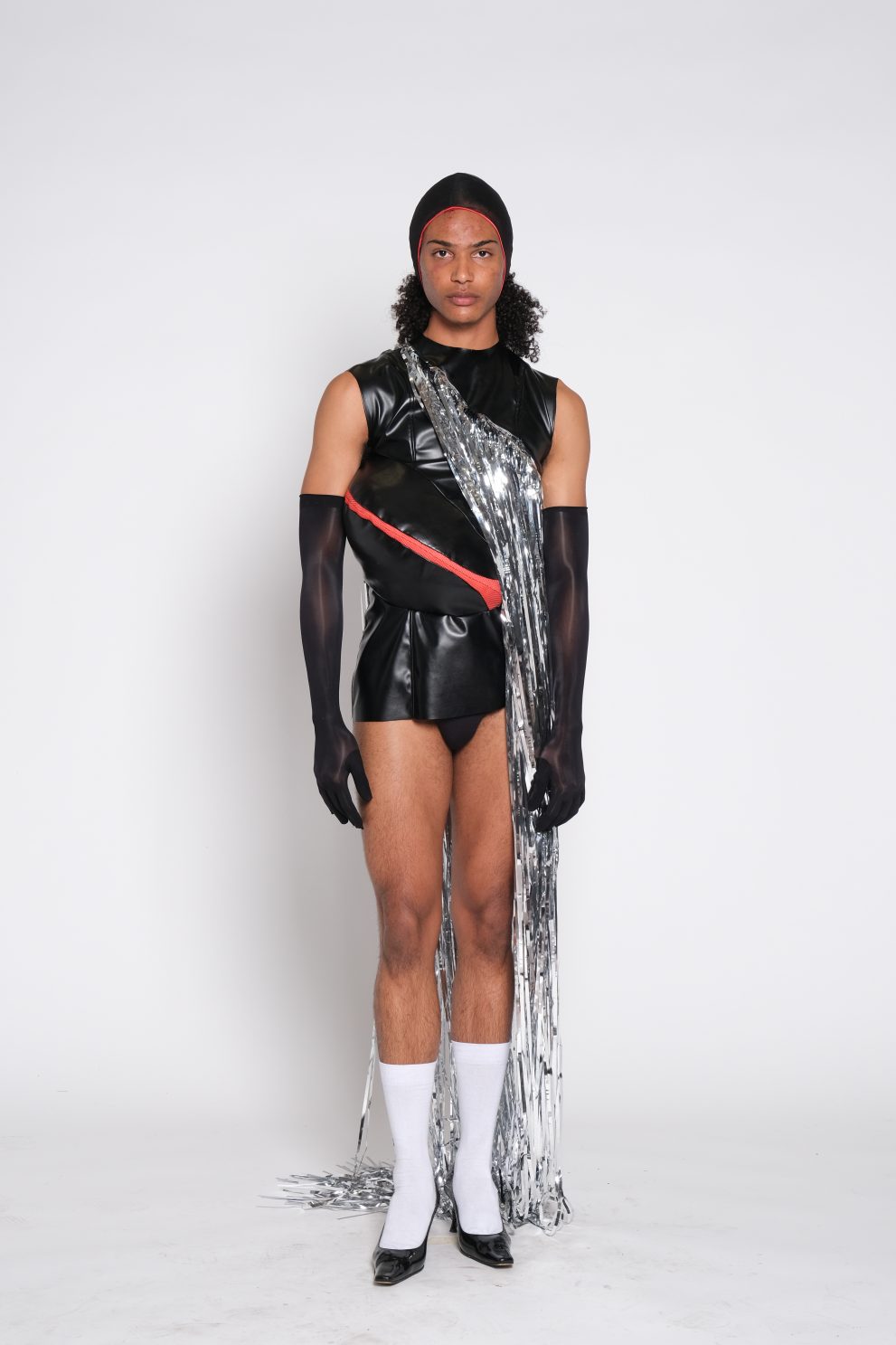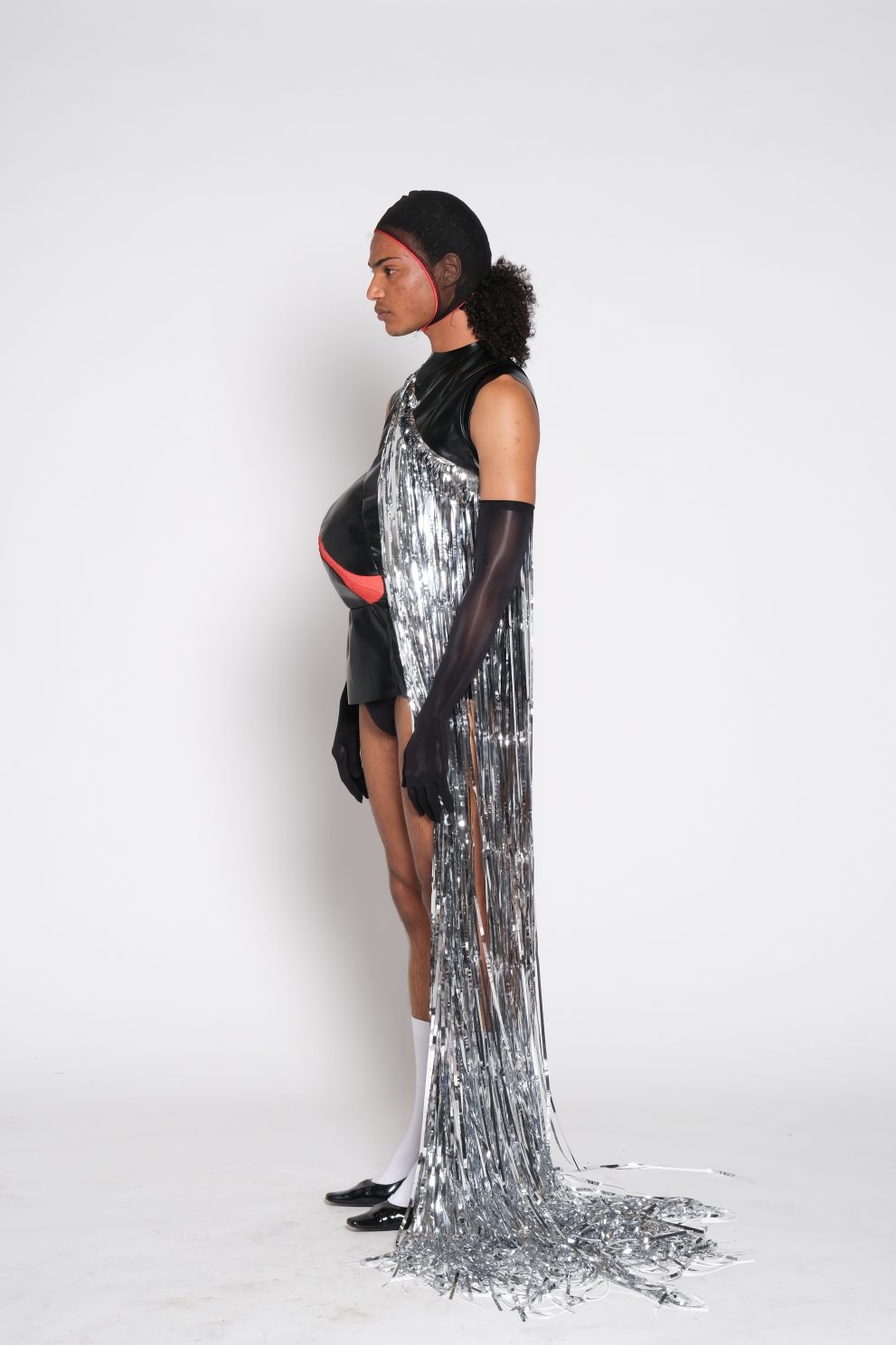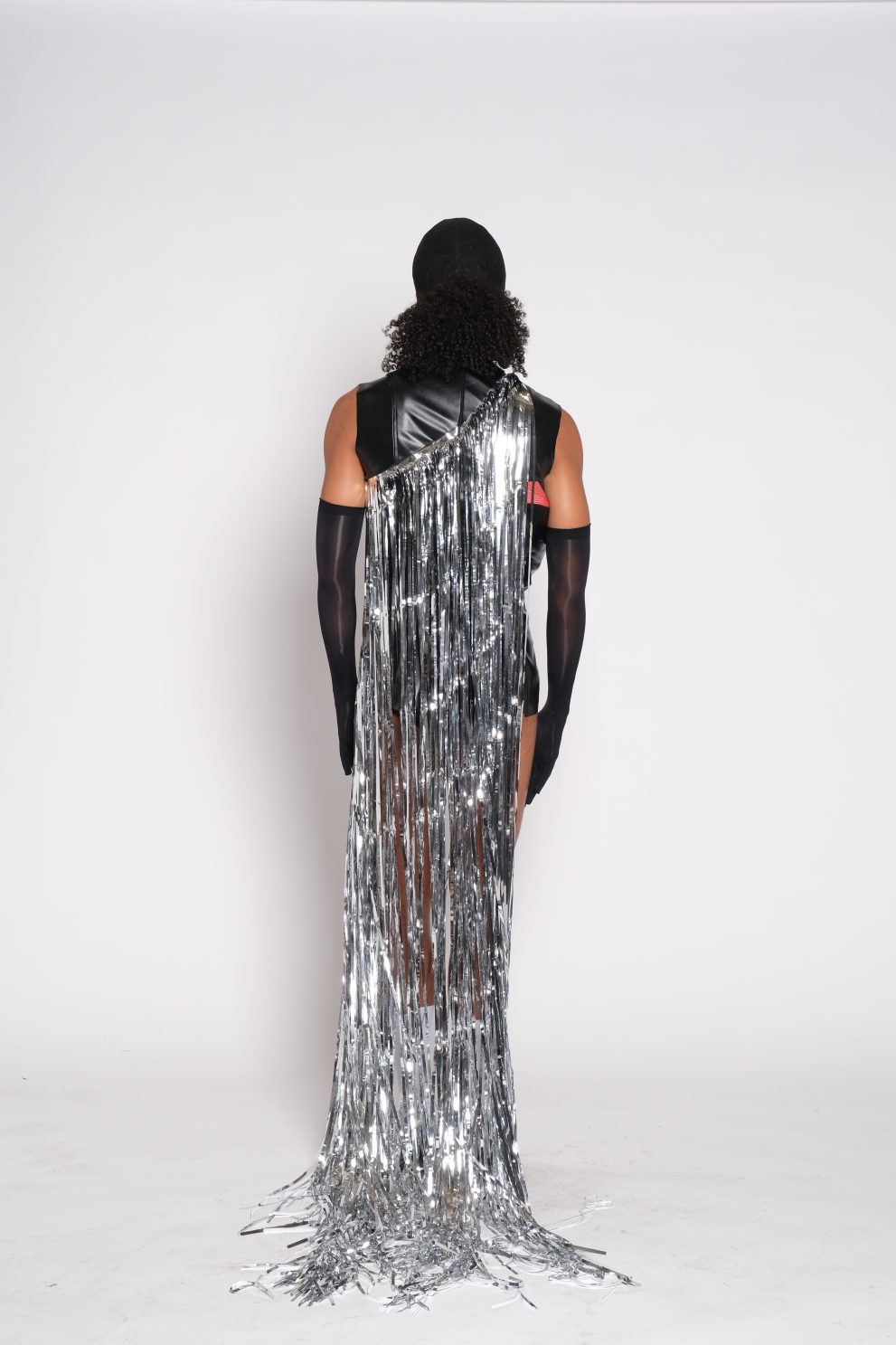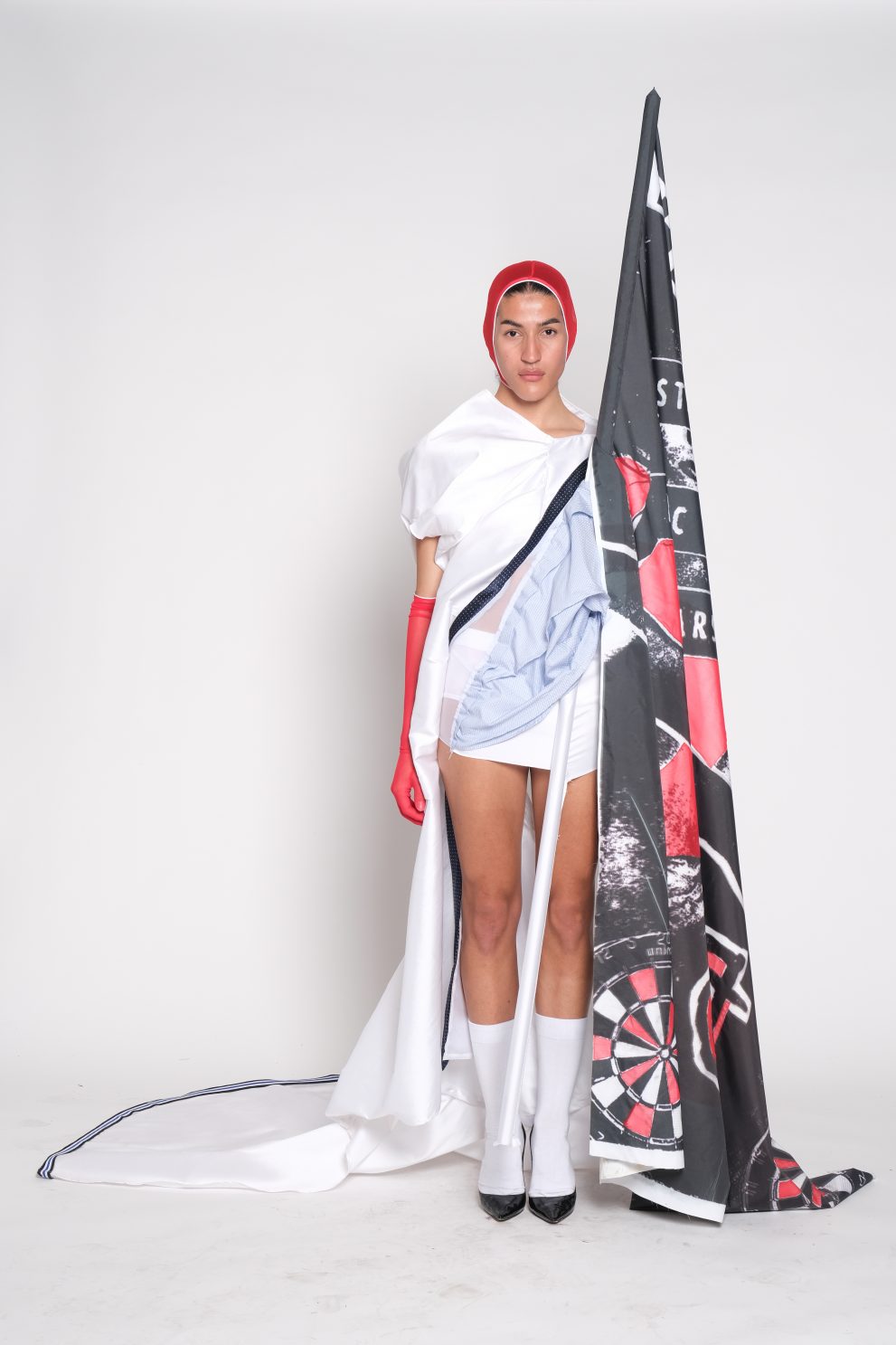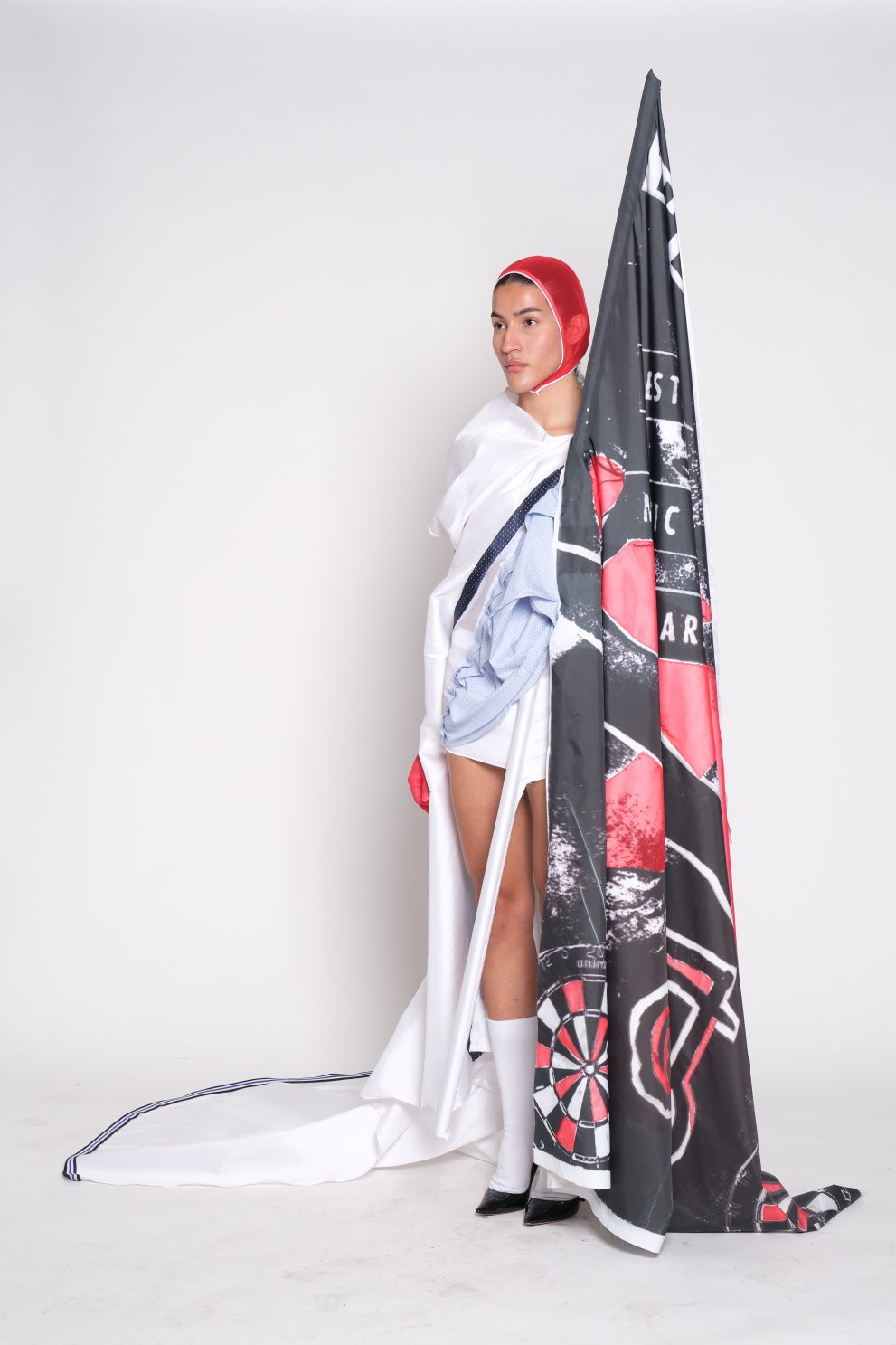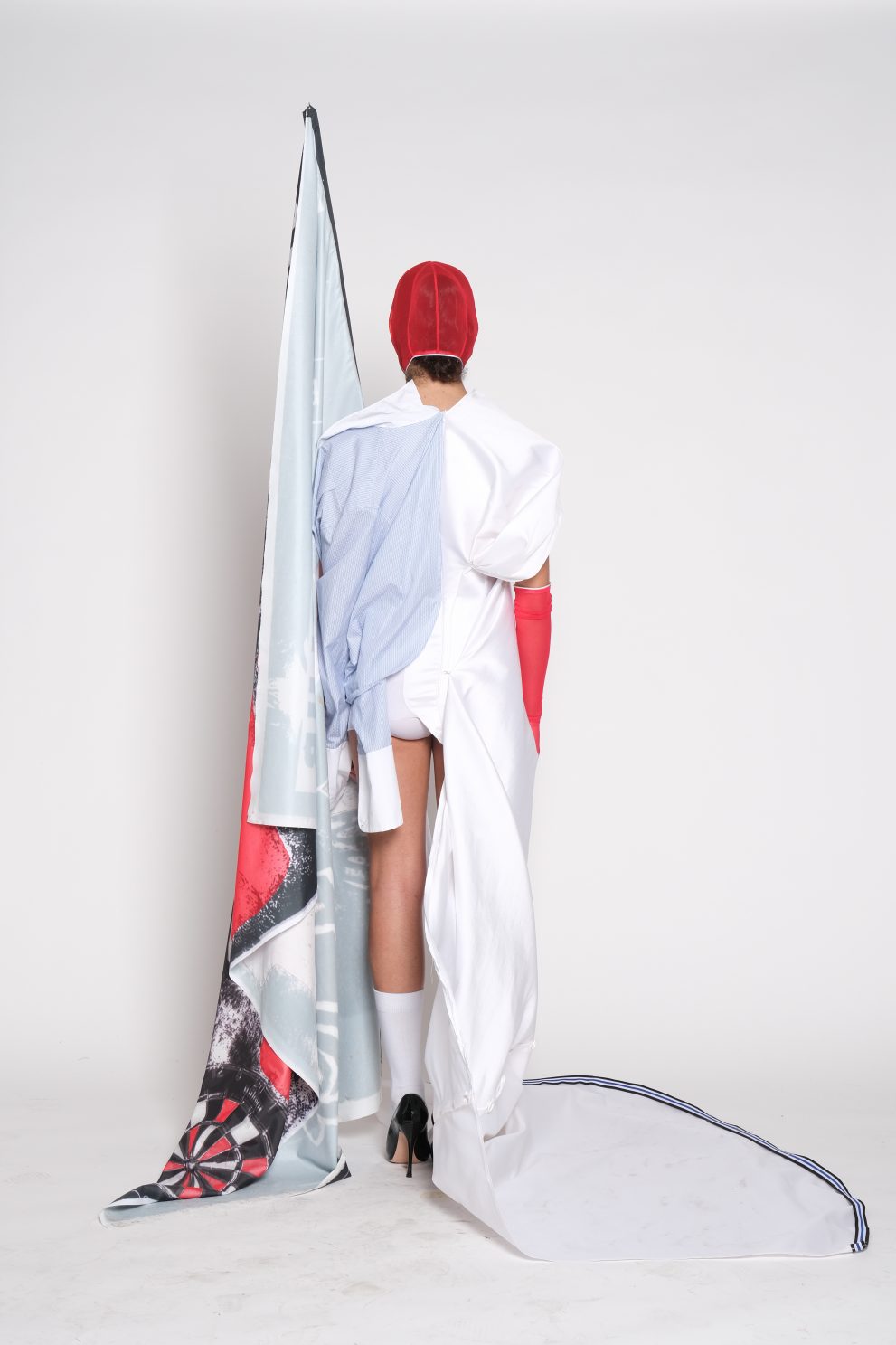THE RIVER CLUB
« Homophobia causes soccer death ». This was the headline of the 100th issue of Exit magazine (an LGBTQI community newspaper produced and distributed in South Africa) in
1998. When I saw this headline for the first time at the GALA (Gay And Lesbian Archives) research center in Johannesburg, I wasn’t surprised.
In South Africa, the sport industry has always been exclusive of its queer communities.
Stories can be heard of queer players who, after coming out, were kicked out of their team, or had to change in separate locker rooms. In my collection, I took rugby as an example of this, a sport in which one is expected to hide any signs of vulnerability and weakness. Growing up, I saw this hyper-masculinity in my own paternal family, and have always struggled relating to them because of it, as I rarely showed interest in activities deemed as what men should be engaging in.
In 1994, the Mother City Queer Projects (a South African association) organized the Locker Room Project in Cape Town, which was the first of many yearly parties organized by the MCQP. Every year, a theme would be chosen, and for their first edition, the theme was sports. In my opinion, this was their way of making a statement about the problems facing homophobia in sport environments, in the hopes of changing the way queer players were (and still are being treated in the country. Since then, progress has been made, but not enough.
That same year (in 1994), Nelson Mandela became president of the country, making South Africa a democracy. The number 94 is therefore very significant to me and is very present in my collection. It represents expressivity and visibility, a symbol of freedom from government officials who tried their best to keep the LGBTQI community in the shadows during the apartheid regime.
The rest of my research dates back from the 1960s to the mid-2010s, and is made up of pictures from parties hosted at the Dungeon and Simply Blue club, two notorious gay clubs which were located in Johannesburg.
For three of my looks, some of my research material has been transferred on fabric. Look 1 features a poster of the club where the Locker Room Project was held, Look 3 features a deconstructed picture of Simon Nkoli (a gay anti-apartheid activist) and his lover kissing, and Look 5 features a picture of Kewpie (one of South Africa’s first openly trans woman) sharing a meal with her friends in Cape Town. These people opened many doors for my generation, which I felt should have a place in my collection.
Consequently, my collection is an exploration of queer nightlife under apartheid, an homage to the continuous efforts made by the country’s queer communities to keep being seen and feeling heard despite the country’s homophobic/transphobic laws which were put in place to restrict and ban queer gatherings.
Each look of « The River Club » tells a different story, but when together, form a unity.
